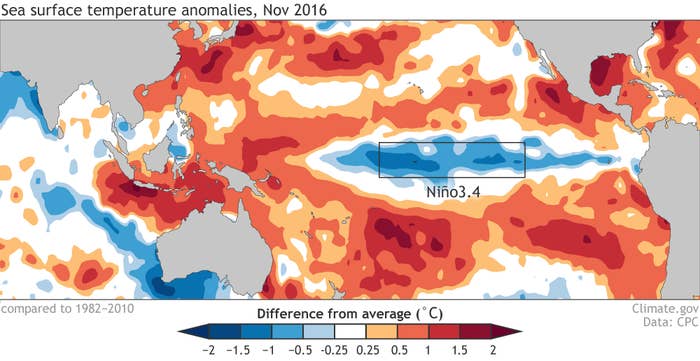
La Niña has officially arrived, forecasters announced Thursday, but it may turn out to be more of a "La Nada" with little impact on the brutal multi-year drought in California and other western states.
The National Oceanic and Atmospheric Administration declared Thursday that La Niña conditions had begun, meaning the water in the equatorial Pacific Ocean is cooler than normal. Its the opposite of what happens during more famous El Niños — which tend to bring heavy rain to California and parts of the Southwest.
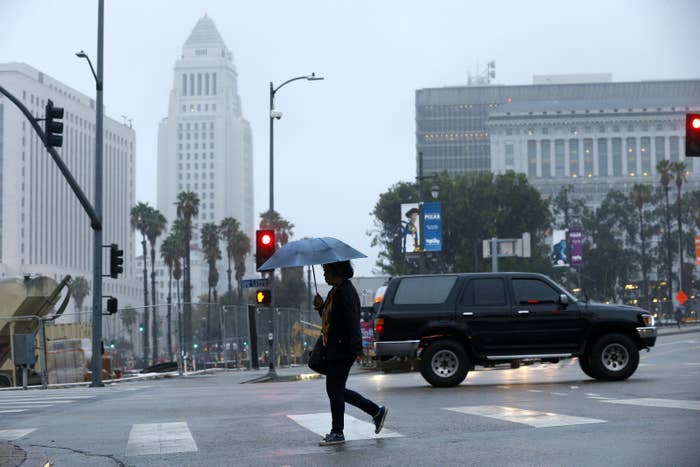
This year's La Niña is expected to be weak and short-lived, "possibly only lasting a few months." Mike Halpert, deputy director of NOAA's Climate Prediction Center, said at a news conference Thursday that the odds favor La Niña continuing through the rest of 2016, then decreasing during the early months of 2017.
The phenomena is so weak it could ultimately fizzle.
"It’s possible that in a retrospective fashion this episode may not qualify as a La Niña by our historical classification measure," Halpert added. "But that doesn’t mean impacts can’t happen."
NASA climatologist Bill Patzert told BuzzFeed News the La Niña will be "almost a La Nada" and "barely visible in contrast to the fall of 1998." Images produced by NASA bear that out; during the powerful 1998 La Niña, water was particularly cool across much of the equatorial Pacific. This year, that cool water is barely noticeable in NASA imagery.
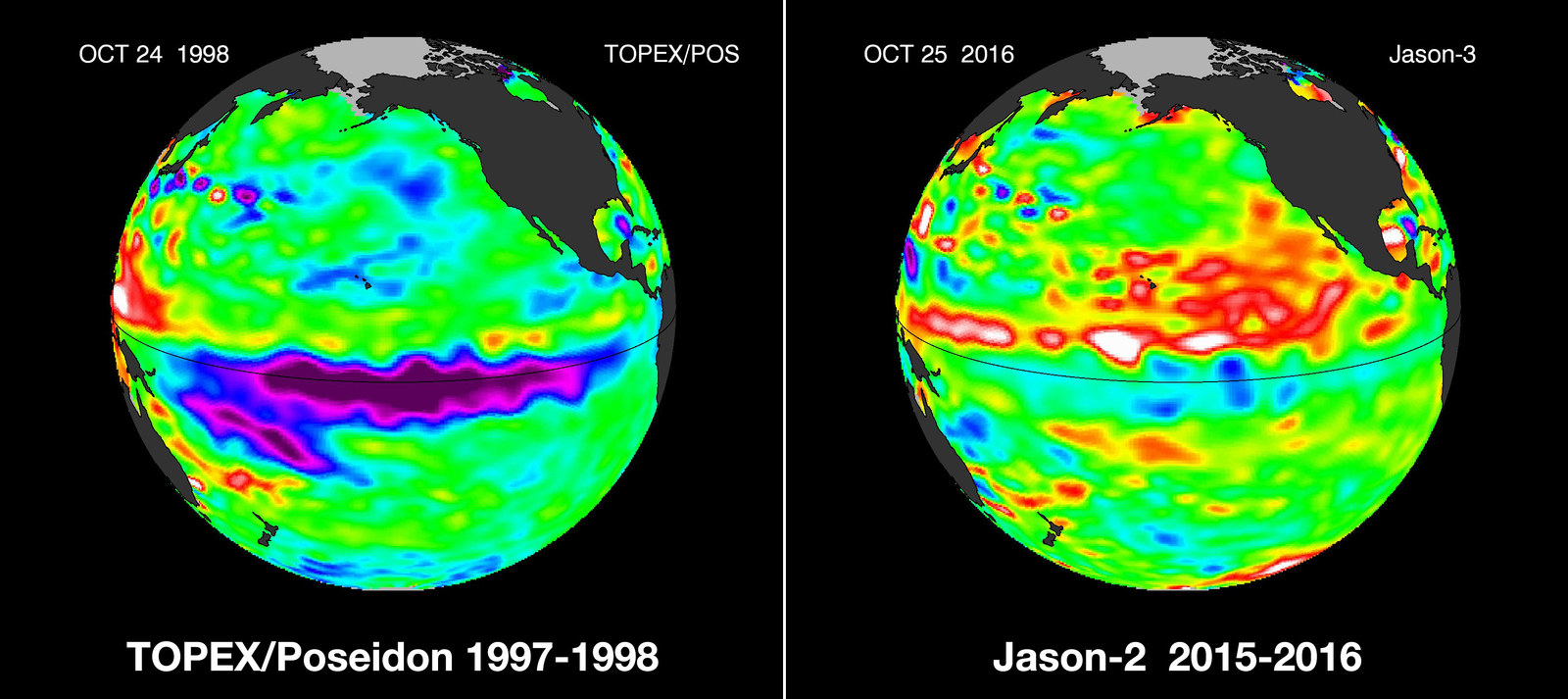
What all this means is still unclear, though it doesn't bode well for parched California. The state is currently slogging through its fifth straight year of drought. Recent weeks have seen significant improvements in Northern California, but nearly 90% of the state is still experiencing some abnormal dryness and a fifth is in the most extreme drought category that exists.
Patzert said Southern Californians shouldn't hold their breath waiting for significant rainfall this winter.
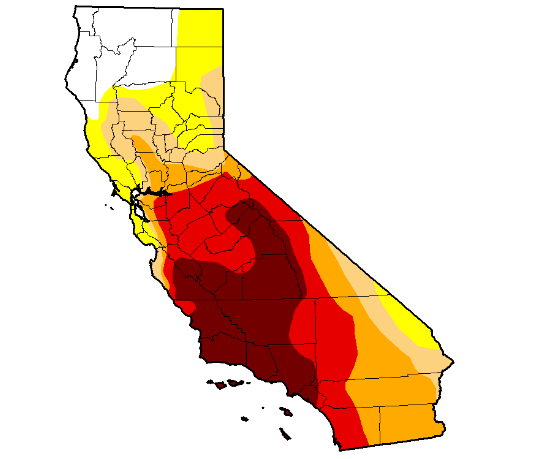
"I would say on your Christmas shopping list, put umbrellas down at the bottom," he added.
Meteorologist Eric Boldt of the National Weather Service in Oxnard, California, offered a similar prognosis.
"If we look at past La Niñas, especially the weaker La Niñas, over 70% of those have been drier than normal for Southern California," Boldt said.
While La Niñas tend to produce cooler weather in California, current projections actually show higher-than-normal temperatures this year thanks to warm waters north of the equatorial Pacific. Warmer temperatures in California could subsequently melt snow more quickly, thus exacerbating dry conditions, Boldt added.
That means more drought, more hard times for California communities with limited water supplies, and more hot takes from New York writers concerned about the future of avocado toast.
"I would not expect to see big changes," Halpert added Thursday when asked about California's drought.
Outside of the West, Halpert said La Niña "is likely to contribute to persisting or developing drought across much of the southern US this winter." Parts of the Pacific Northwest and Midwest could see wetter than normal conditions.
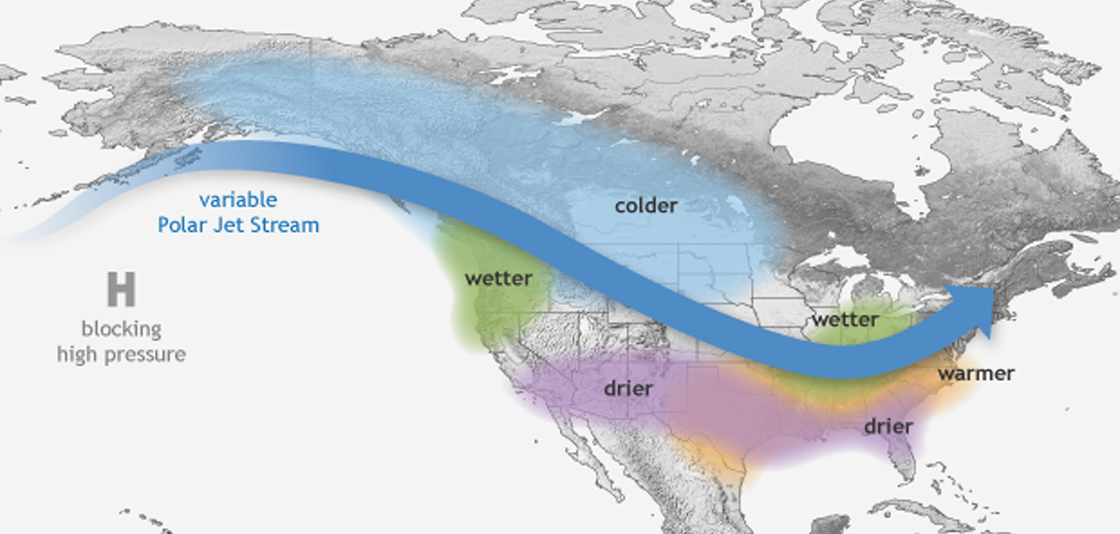
The weak La Niña also comes after a so-called "Godzilla El Niño" that ultimately failed to live up to the expectations of many Californians who hoped it would alleviate their long drought. Patzert — who coined the "Godzilla" nickname — later told BuzzFeed News "we are in a drought forever."
But there is still some hope for those looking for relief from dry conditions. Halpert noted that there is still uncertainty about what will happen, saying "confidence in the forecast with La Niña is generally less than El Niño."
And Patzert said this year's "La Nada" is so weak it could actually "open the door for many possibilities," including a jet stream that sends moisture to Northern California. He also pointed to lingering warm water in the northern Pacific, saying it could potentially drive storms to the West Coast.
"What I would say is, 'fasten your seat belts,'" he added. "The large lady hasn’t yodeled yet."
